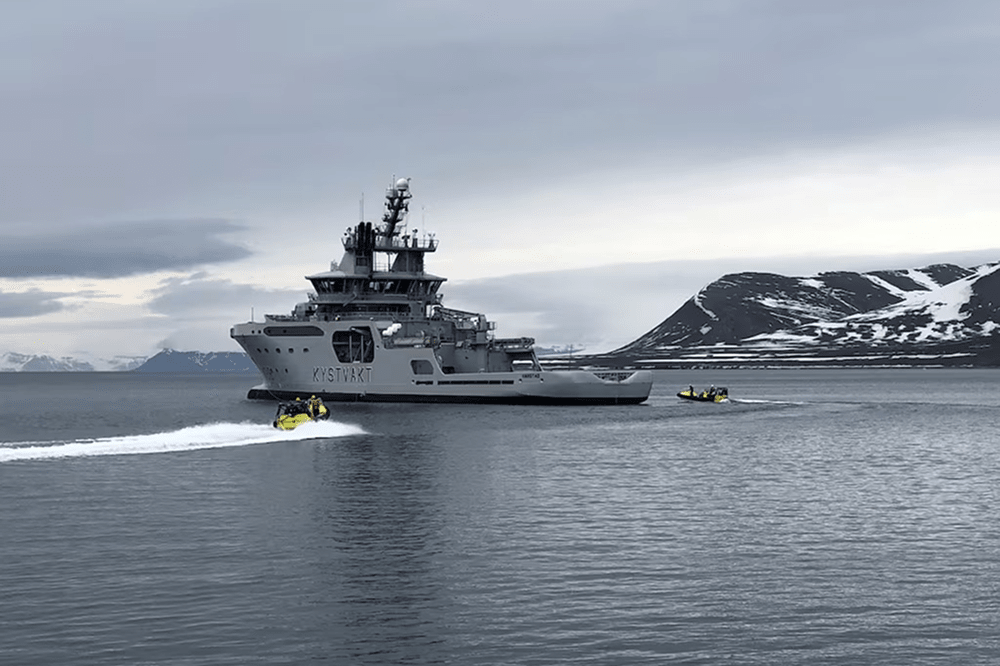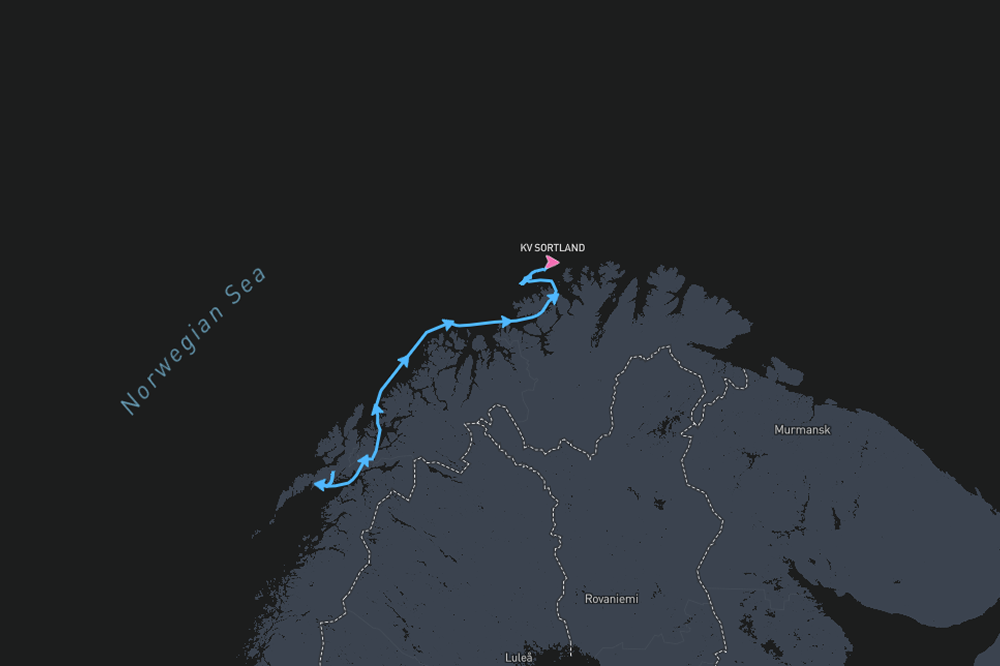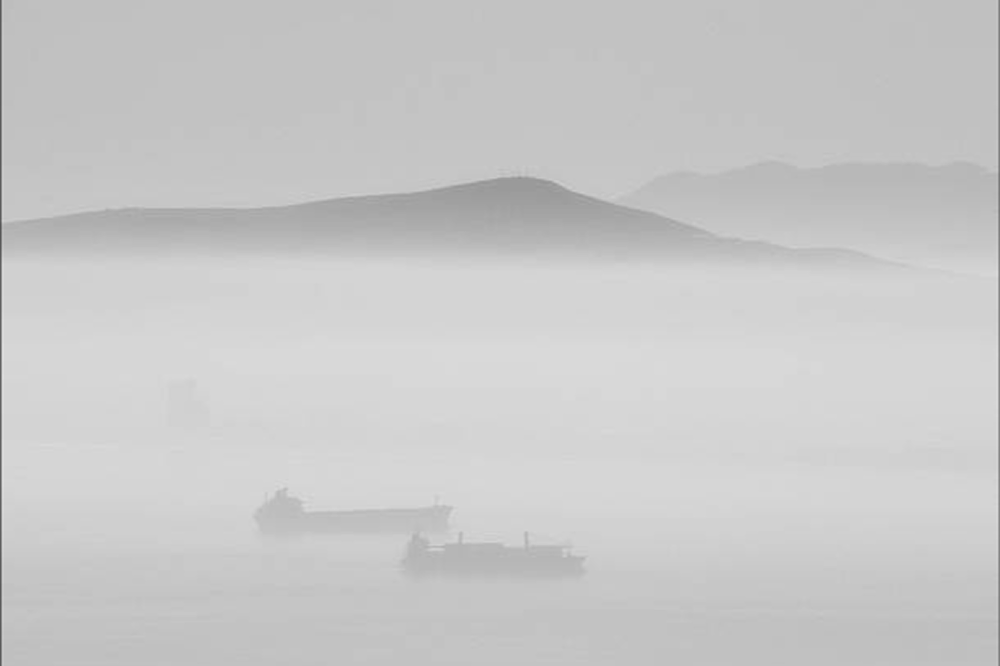Norway has stepped up its efforts to curb the movements of Russia’s shadow fleet by introducing mandatory checks on oil tankers transiting its Exclusive Economic Zone (EEZ). As of August 11, foreign-flagged tankers must present valid Civil Liability Convention (CLC) insurance certificates when requested by Norwegian authorities. The Norwegian Coastal Administration will carry out the document inspections, with the Norwegian Maritime Directorate responsible for verifying their authenticity.
The move is part of a coordinated push across Northern Europe to increase pressure on vessels suspected of evading sanctions and operating without proper insurance coverage. Sweden, Finland, Denmark, Germany, Estonia, and the UK have all implemented similar measures, and Norway will review the results of its program after an initial six-month period.
Insurance Fraud Exposed
The decision follows the uncovering of a large-scale insurance fraud linked to the shadow fleet. Norwegian investigators recently exposed Ro Marine AS, a company that issued counterfeit insurance certificates for over 250 vessels — including about 76 linked to sanctioned Russian oil shipments. Ro Marine had no offices, no authorization, and no legitimate operations. The Norwegian Financial Supervisory Authority ordered the company to cease activities earlier this year, and several individuals are now under criminal investigation.
A Growing and Risky Fleet
The shadow fleet — a loose network of mostly older tankers operating under obscure ownership structures, often flagged in jurisdictions with limited oversight — has grown rapidly since sanctions on Russian oil exports took effect. Analysts estimate it now includes more than 1,100 vessels, accounting for roughly 18% of the global tanker fleet. These ships often operate AIS-dark, transfer cargoes at sea, and carry questionable insurance, creating both regulatory and safety risks in the busy waters of Northern Europe.
Raising the Compliance Bar
By tightening checks and demanding proof of legitimate insurance, Norway aims to make it harder for these vessels to move freely and to ensure that any tanker operating in its waters is covered by credible liability protection. The measure also sends a signal to charterers, brokers, and other market participants that compliance verification — particularly of insurance and ownership records — is becoming a central part of maritime operations in the region.





.png)
.png)
.png)
.png)
